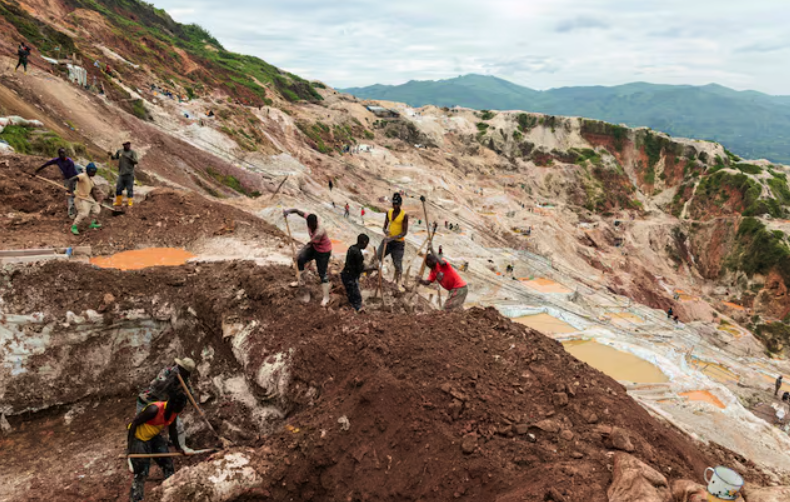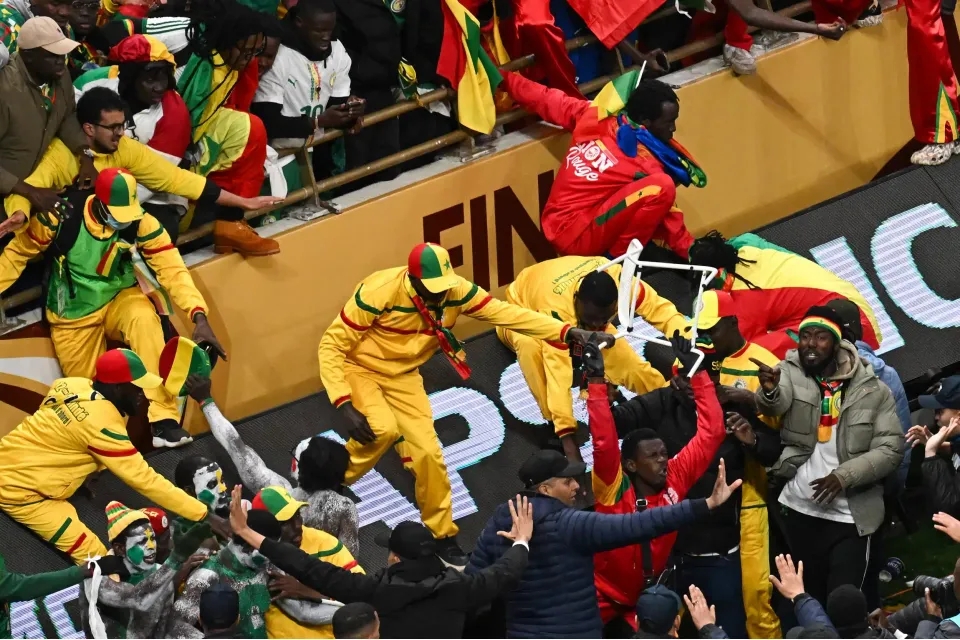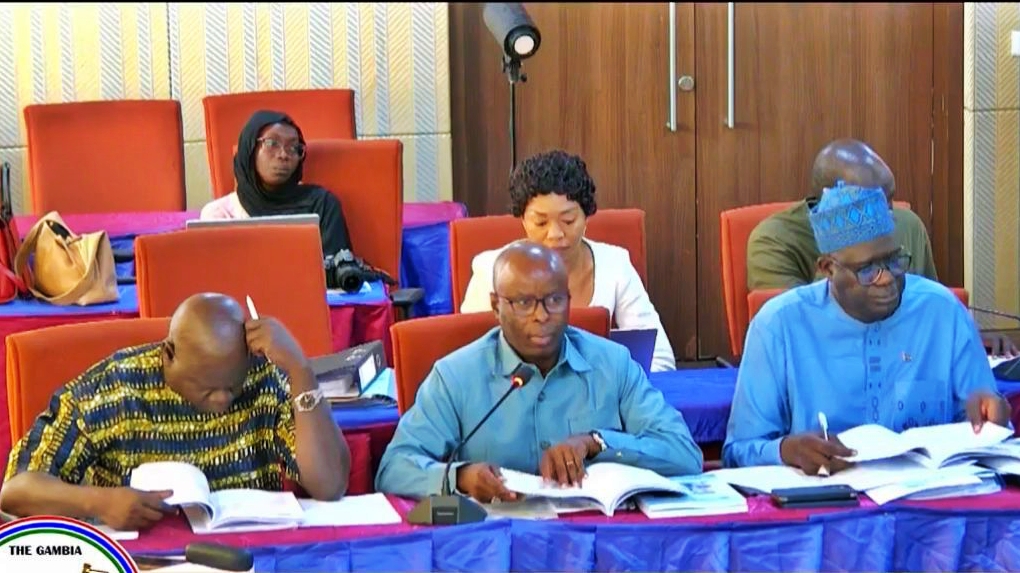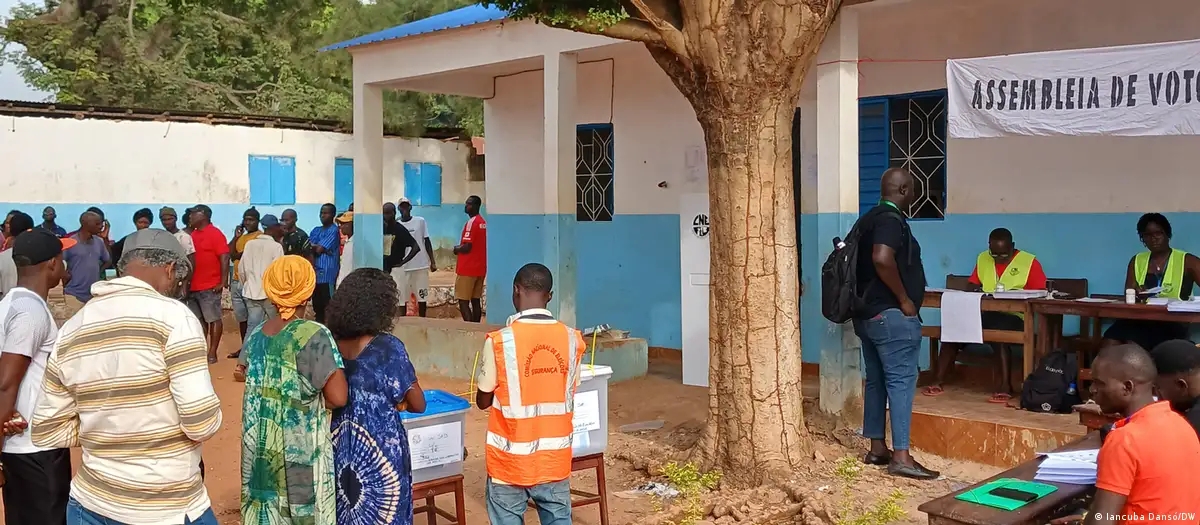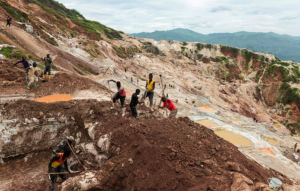Gambiaj.com – (BISSAU, Guinea-Bissau) – The official results for Guinea-Bissau’s recent legislative and presidential elections are expected to be released this Thursday, November 27, 2025, according to the country’s National Elections Commission (CNE).
The CNE has provided an initial positive assessment of the voting process, estimating a voter turnout rate exceeding 65% nationwide and in the diaspora.
CNE Declares Election Free of ‘Significant Irregularities’
Speaking on Monday, CNE Deputy Executive Secretary and spokesperson Idriça Djaló confirmed that the commission found “no situation… that could constitute a relevant irregularity,” adding that minor logistical issues were resolved quickly.
Djaló extended congratulations to the citizens for the “high level of civic-mindedness” demonstrated, which he said resulted in an “orderly and peaceful election.” He also recognized the “patriotic spirit and tireless sacrifice” of all election personnel, law enforcement, political actors, and international observers.
The CNE estimates that the turnout rate surpassed the 65% mark, describing the participation as “active and full,” particularly among women.
Call for Patience on Results
While the law allows the CNE 7 to 10 days to announce the results, Djaló indicated that the provisional announcement is aimed for Thursday.
In a strong appeal, the CNE spokesperson warned all stakeholders against prematurely releasing any figures.
“We appeal to voters, competing candidates, political parties and coalitions, as well as the media, in particular, to refrain from announcing election results, since this competence is reserved, by law, exclusively to the National Elections Commission (CNE),” Djaló stated.
The election body also addressed issues regarding diaspora voting in Portugal and France, confirming that a CNE plenary session was held to approve mini-structures that ensured registered voters in those countries could cast their ballots.
Positive Assessments and a Single Arrest
The Guinean League for Human Rights (LGDH) echoed the CNE’s positive view, with its president, Bubacar Turé, stating that the voting process took place “in an atmosphere of great civic-mindedness, serenity, and calm.”
The polling day, however, was marked by the brief detention of a political operative. Victor Mandinga (Nado Mandinga), coordinator for independent presidential candidate Fernando Dias in the Bafatá region, was arrested and later released by police, allegedly for “electoral misconduct.”
Candidate Fernando Dias issued a warning following the incident, stating, “Any attempt to continue detaining our supporters will be met with a very harsh reaction from us.”
International Observers Present, National Monitors Excluded
The electoral process was monitored by several international bodies, including the African Union (AU) with 30 observers, the Community of Portuguese-Speaking Countries (CPLP) with 22, and the ECOWAS Forum of Elders with seven members.
Controversially, the CNE refused to accredit monitors from local Guinean civil society organizations. The CNE cited a lack of legal provision for their participation in the country’s electoral legislation, despite their involvement in previous elections.
Fodé Carambá Sanhá, president of the National Civil Society Movement for Peace, Democracy, and Development, lamented the decision but stated his organization respected it, noting that what is not foreseen by law should be avoided.




